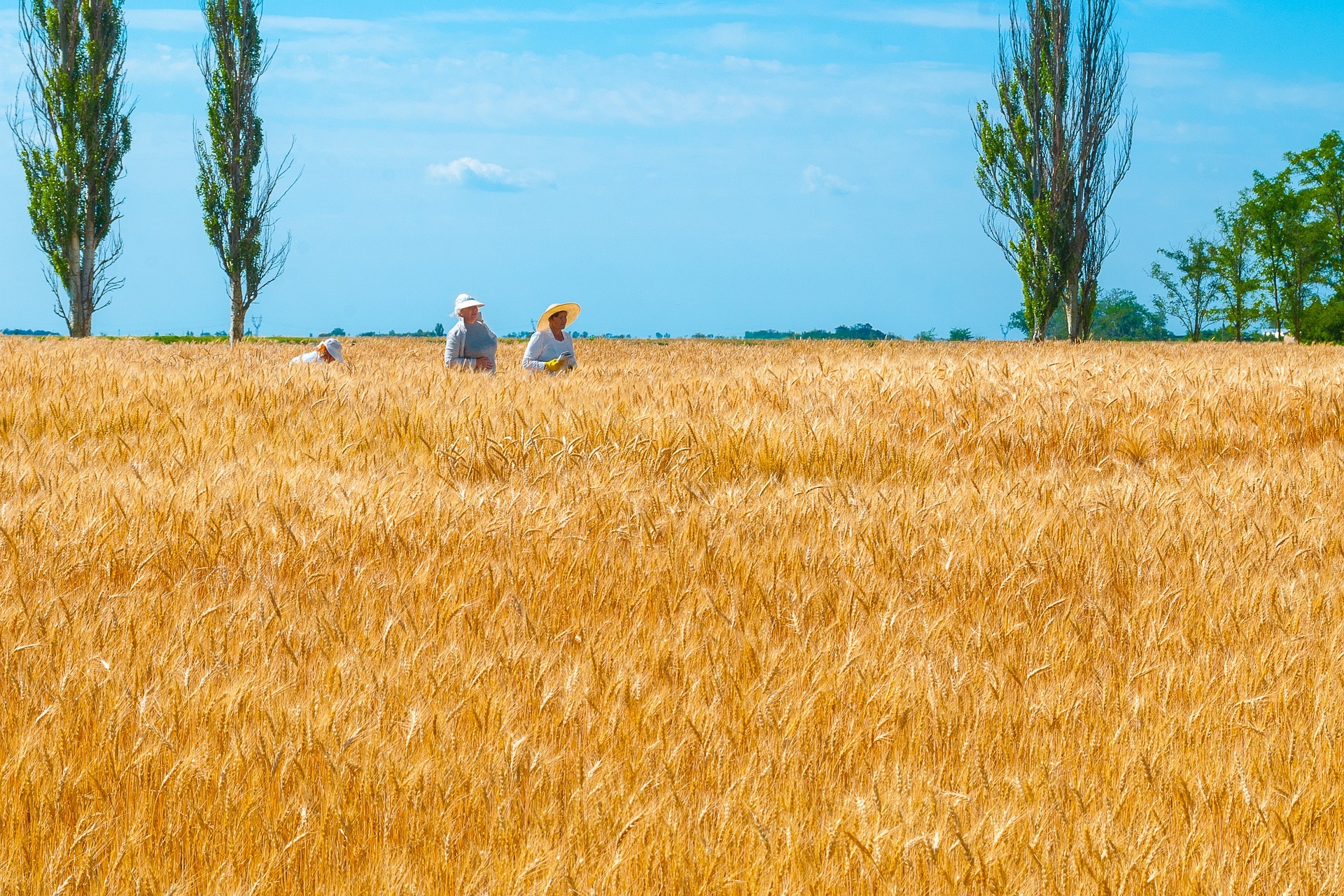
At the invitation of the Czech organizers, Ukrainian Agriculture Minister Mykola Solskyi joined the meeting online.Continue reading

President of the Republic of Hungary Katalin Novák attended the Visegrad Group Presidents’ Summit in Prague on Wednesday, accompanied by President of the Czech Republic Petr Pavel, President of Poland Andrzej Duda, and President of Slovakia Zuzana Caputová. Following the summit, Katalin Novák stressed at a press conference that “the Visegrad cooperation is alive and well, and has a long future ahead of it.”
The Hungarian President said that the cooperation between the Visegrad countries has existed for almost 700 years and that the Czech Republic, Poland, Hungary, and Slovakia intend to maintain it and give it substance.
The issue of security was a key topic at the meeting,
with the Hungarian Head of State saying that the Visegrad Group “form a safe island in the heart of Europe,” which they see as a “treasure” and want to preserve in the long term.
It is always great to meet with the #V4 Presidents, with @prezidentpavel, @ZuzanaCaputova and @prezydentpl. Security, illegal migration, the war in Ukraine, the Israeli conflict, the Schengen borders, connectivity. We have a lot to discuss. That’s also a good thing about the V4,… pic.twitter.com/e0HTupYM6z
— Katalin Novák (@KatalinNovak_HU) November 22, 2023
Katalin Novák stressed the importance of protecting the borders of the European Union and Schengen, effective action against illegal mass migration, and protection against terrorist acts. On the war in Ukraine, the president said that there was unanimity that Russia could not win the war, that they were on Ukraine’s side, and that the Visegrad countries were each doing their part to help Ukraine defend itself effectively. At the same time, she drew attention to the situation of the Hungarian minority in Ukraine, which is non-negotiable, and asked her colleagues to pay special attention to this issue.
On Israel’s “brutal terrorist attack,” she said that the V4 heads of state agreed on the need to prevent the escalation of the conflict and to minimize civilian casualties. She reiterated her call on Hamas to release the hostages, and welcomed the possible agreement on a ceasefire.
#V4 is alive and well, and this was evident from today’s presidential summit. There is full agreement among us that we need to take action against the increasing illegal migration pressure and that we must defend the security of Central Europe. pic.twitter.com/qUXXzglNhT
— Katalin Novák (@KatalinNovak_HU) November 22, 2023
At the summit, the four presidents also discussed some economic projects. Among other things, they touched on the development of a high-speed rail network and the interconnection of energy networks.
They focused on how to speed up transport between the countries, achieve independence from Russian energy sources, and a transition to green energy.
On the latter, the participants agreed that “nuclear energy should be preserved as a clean energy source” and should continue to be relied on in the future.
On the issue of maintaining Europe’s competitiveness, Novák mentioned demography, saying that if negative demographic trends cannot be changed, there is little chance of maintaining or increasing Europe’s competitiveness. “We need to understand why not enough children are being born and help young people to have as many children as they want, when they want them,” she said.
In the opinion of Petr Pavel, the Prague summit of the four Visegrad presidents helped to identify areas in which the four neighbors could work together. For instance, the presidents discussed ways to improve infrastructure in the member countries and new projects for the Visegrad Fund. The Czech politician said that the Visegrad Fund could possibly expand its activities to Ukraine, other countries of the Eastern European Partnership, and the Western Balkans.
Novák announced a proposal to increase the amount of the Visegrad Fund, which currently has an annual budget of EUR 10 million.
The Hungarian President called for the amount to be doubled, giving them a greater opportunity to support initiatives that strengthen cooperation between the four countries, as well as to look beyond the Visegrad region and help other countries.
Via MTI, Featured image: MTI/Bruzák Noémi